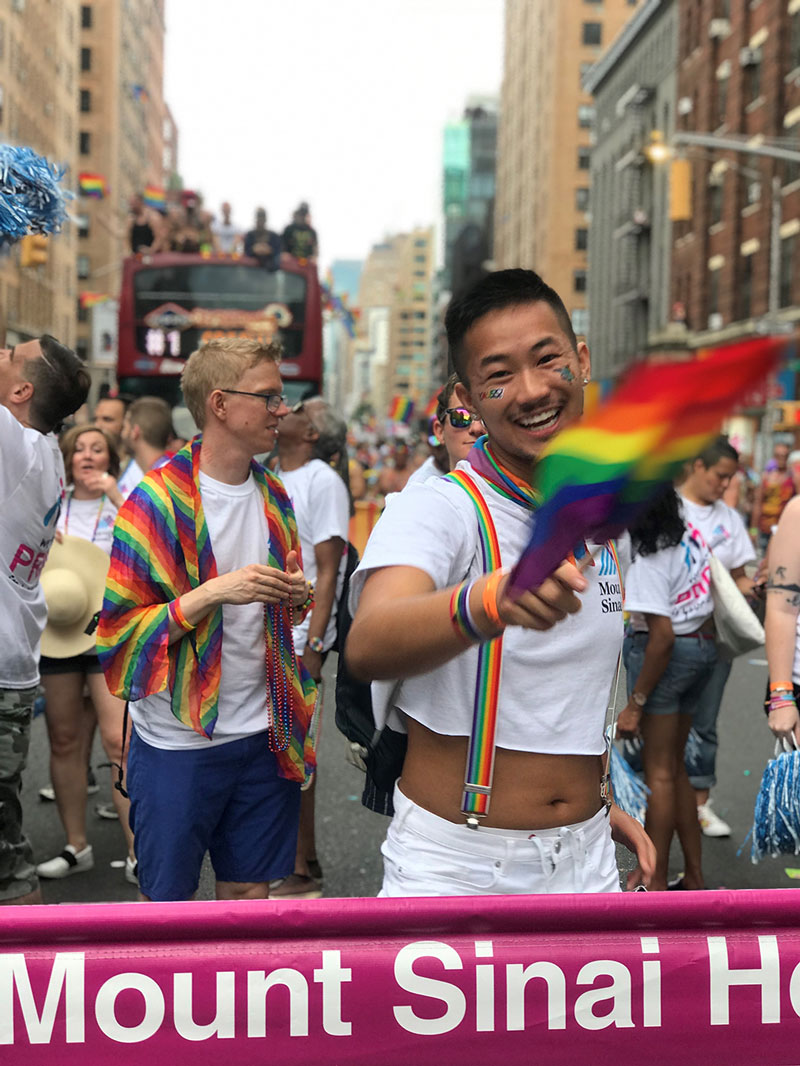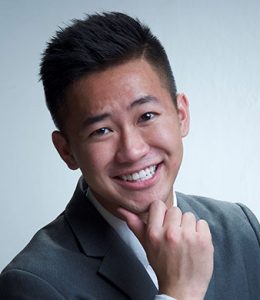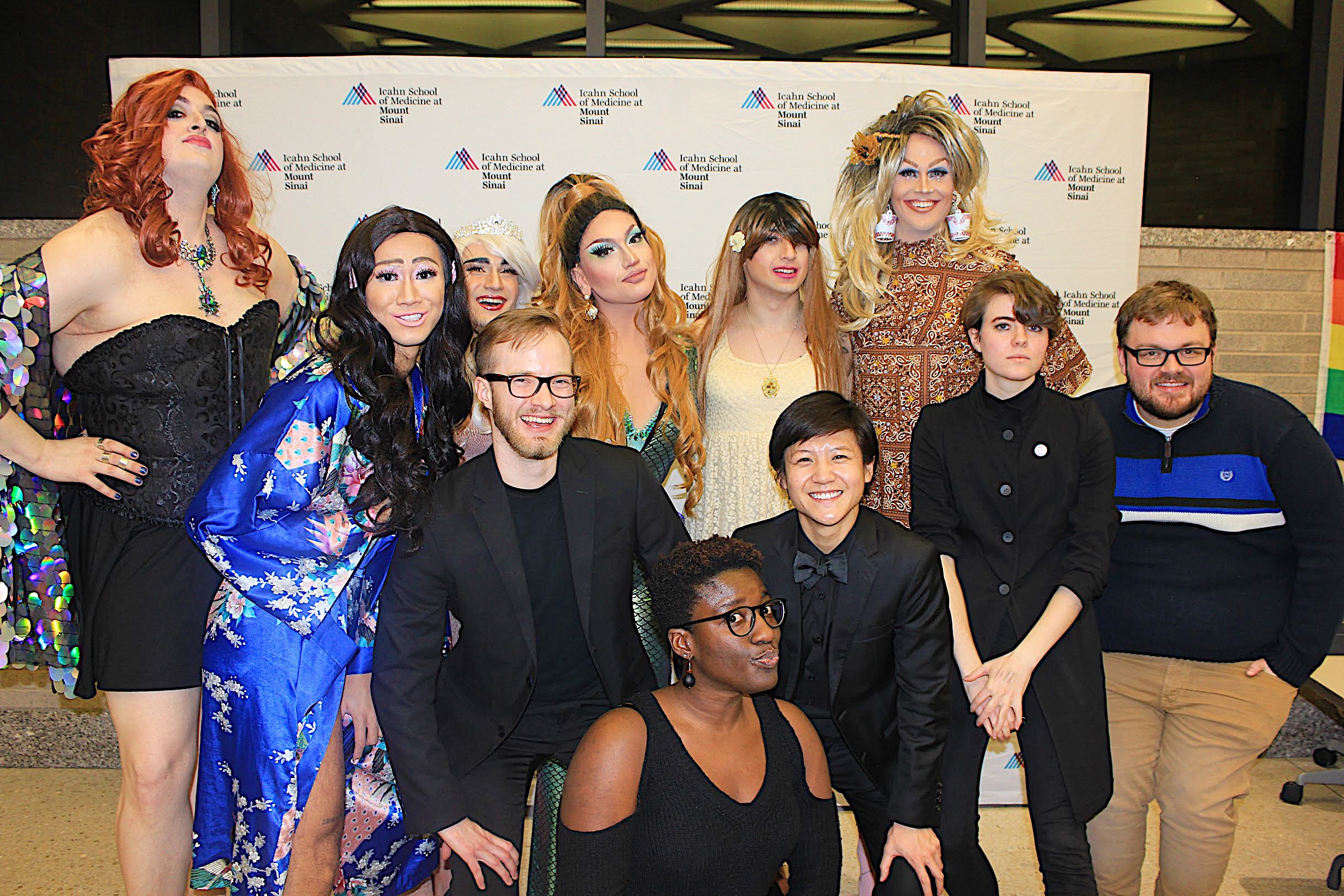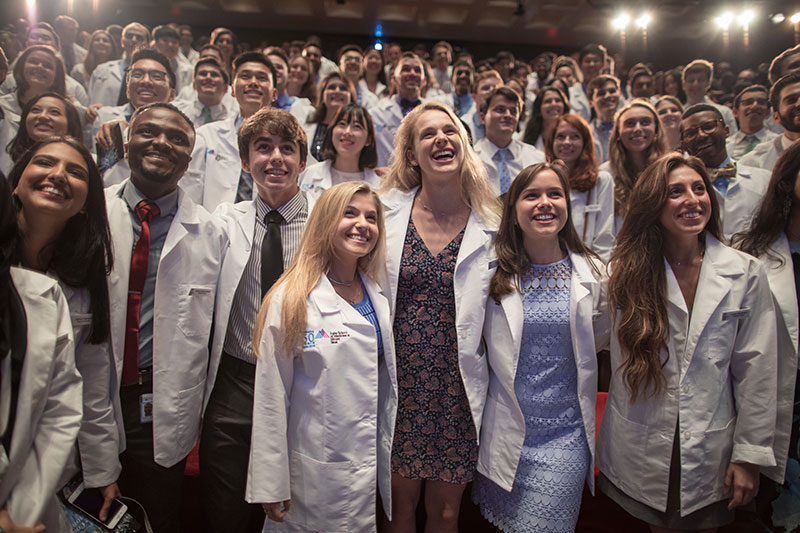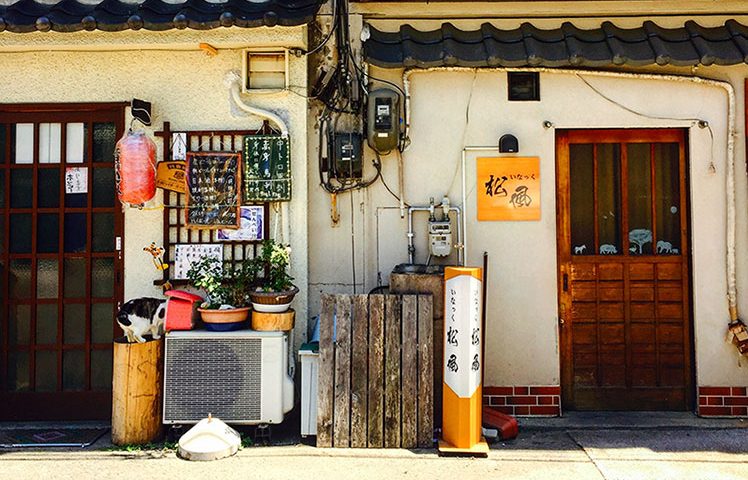I was five years old when I knew for the first time that I was slightly… different. I had gotten into my mom’s closet, tried on her black strappy high heels, and found a beautiful dark red lipstick in her makeup bag. At the time, I thought that it was perfectly normally for any five year-old boy to strut up and down their parent’s bedroom in high heels, rocking the imaginary runway but alas— years later I discovered it wasn’t a shared experienced amongst my peers.
Growing up in a traditional Vietnamese family, it was very challenging to accept my queerness. My family was very conservative on topics such as LGBTQ+ rights and gay marriage, and I vividly recall my mom showing support for Prop 8 which repealed gay marriage in California. Because of this, I grew up keeping my queer identity a secret. Even when applying to medical school, I questioned whether or not to be open about my queerness. In the end, I decided to be open, and share how my identity and struggles shape my perspective to make me a better healthcare provider.
When I interviewed at Mount Sinai for the MD/PhD program, I was blown away to see how supported the LGBTQ community was here. To see that the president of the hospital was an openly gay man, and that the Mount Sinai Center for Transgender Medicine and Surgery (CTMS) was consistently celebrated as one of the most innovative and groundbreaking centers for transgender health, wasn’t something I thought was possible. It was a breath of fresh air that I didn’t realize I needed. However, LGBTQ+ representation in medicine and science has been, and still remains a huge issue: Feeling unsupported, LGBQ males are more likely than their heterosexual peers to leave STEM fields; LGBTQ+ students struggle to see themselves in positions of higher education due to lack of visibility of queer professors and mentors. One of my goals is to address this issue.
The LGBT YQUTH MED (Young Queer Urban Teens for Health in MEDicine) program aims to increase interest in medicine and science for NYC high school students who identify as LGBTQ+. The program engages them in community-based workshops and presentations, offering mentorship from LGBTQ medical and graduate students, and recruiting students for Saturday at Sinai—an event dedicated for the youth to come to Mount Sinai and experience life as a queer medical student.
I had the privilege of spearheading this program. Working with Dr. Barbara Warren, Scott Jelinek, Richard Cancio, and many others, we were able to engage five different LGBTQ community organizations and reach over a hundred LGBTQ+ identified youth about the program. Having the opportunity to meet, interact with, and gain mentors by openly “out” medical students, has been invaluable to the program’s participants, and definitely something I wish I had growing up.
In honor of Pride Month, I wanted to emphasize that while there has been progress made on the issues of LGBTQ+ rights, there are still issues that we as a community must come together and fight against. Pride to me means to live my life as my most true and authentic self and being unapologetically proud of who I am. I wouldn’t be where I am today if it wasn’t for the support I have received while struggling to accept myself and I want to pay it forward by giving back to the LGBTQ+ community and being a positive role model for all of the queer youths who at one point threw on their mother’s high heels and pranced around to the Sailor Moon opening theme song.
Don Nguyen is an MD/PhD candidate at the Icahn School of Medicine at Mount Sinai. As a first generation, queer, Vietnamese-American man, he strives to improve LGBTQ+ visibility in medicine and science. He is one of the leaders for Stonewall Alliance—a student-led affinity group at the Icahn School of Medicine, and leads the LGBTQ+ YQUTH pipeline program, which aims to increase interest of LGBTQ+ identifying youth in medicine and science. Don is passionate and committed to furthering diversity and inclusivity in STEM.

